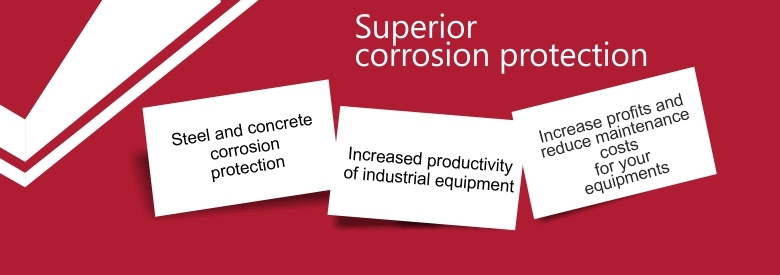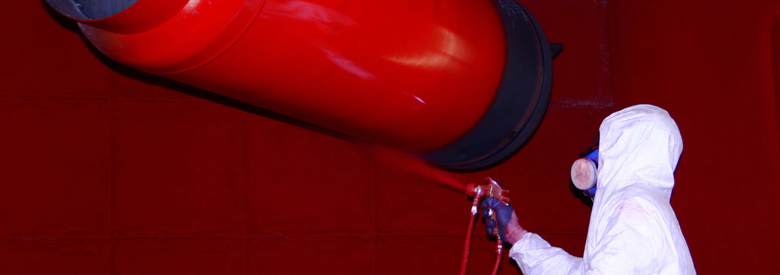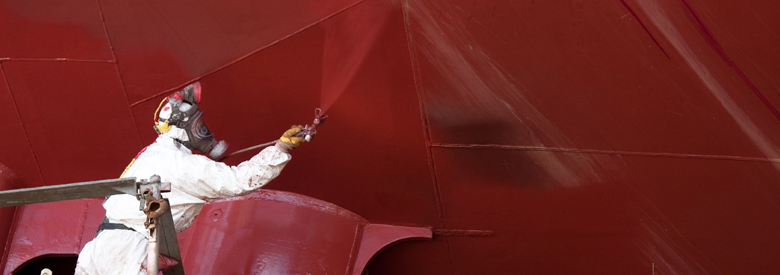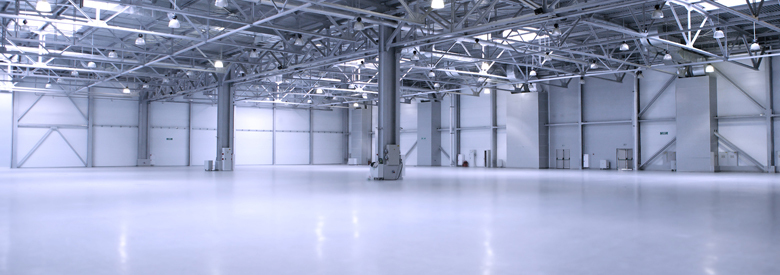Corrosion control in the food industry. Add extra safety!
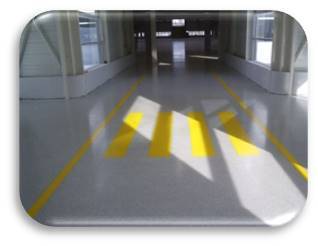
Satisfied customers
Among the factors contributing to long-term development with customers, surely we rediscover the quality of products and services we offer. This helps companies in attainment or maintain the competitive advantage. Therefore, measures are required to eliminate all risks that can influence the quality standards the became “usual” for clients.
Cleaning and hygiene
There are activities that can not be skipped from the planning. The substances used are designed to kill bacteria, prevent fouling and depositation of corrosive substances. Among them are: alkalis, acids and oxidising substances used to obtain a higher level of hygiene. Their use is made with the utmost care not to come into contact with the raw materials used in the food industry processes.
Food and corrosive potential
Depending on the type of food, corrosivity classes are:
- Non corrosive: milk, meat, fish, oil, fat, cereals
- Mild corrosivity, foods with pH 6 – 7 and less than 1% of salt: dairy products, fruit
syrups, wine, carbonated sweet drinks, beer, soups, canned meat.
- High corrosivity, foods with pH 3 – 5, such as citric fruit juices, jams and acidic canned fruits or hot gravies, sauces and dressings, vegetables and fish pickled in brines with 1 – 3 % salt.
Acetic acid is used to make pickles and canned vegetables, enters the corrosive class average. Also, most products used for cleaning, given the composition of chemical elements mentioned in paragraph Cleaning and hygiene increase the risk of corrosion.
Dairy industry
Milk is a neutral element in reactions, but contains lactic acid. The level depends on the achievement process of certain products (eg milk, cheese etc). Lactic acid is responsible for the degradation of the metal surfaces of equipment.
The fermentation of the milk is possible because the sugar content in the form of lactose, used as nutrient for bacterial cultures naturally present in milk.
Beverage industry
A wide range of alcoholic beverages, including wine and beer, are produced by fermentation. Also, most drinks contain acids and requires the application of a corrosion protection systems.
Under the boiling liquid, the environment where the equipment works becomes aggressive. This is caused by high temperatures and reducing oxygen levels. Thus, it needs a protection system adapted to high temperatures and chemical resistance. This will ensure the maintenance of standards of production and increase the durability of equipment.
Canning industry
Product realization process involves the following steps: cleaning fruits and vegetables, filling containers, closure and sealing, canning and storage, sterilizing and application of specific tags. All these operations are performed in an environment with high humidity level and require equipment resistant to corrosion.
Corrosion control
The efficiency of corrosion protection systems and, where appropriate, anti-abrasion is determined by setting aggressive elements present in the food industry processes. A solution can be represented by the application of the product PROGUARD CN 200.This is a bicomponent special composite coating containing micro-ceramic particles and nano-particles reinforcement, based on an ultra-modern Novolac resin. It provides chemical resistance, corrosion and abrasion protection to awid variety of substrates in extremely aggressive environments at elevated temeperatures.
Here you can see the full range of ceramic products based on polymers. If you have questions about these protection systems, we provide you with the following contacts.
Choose your equipment and product safety!

